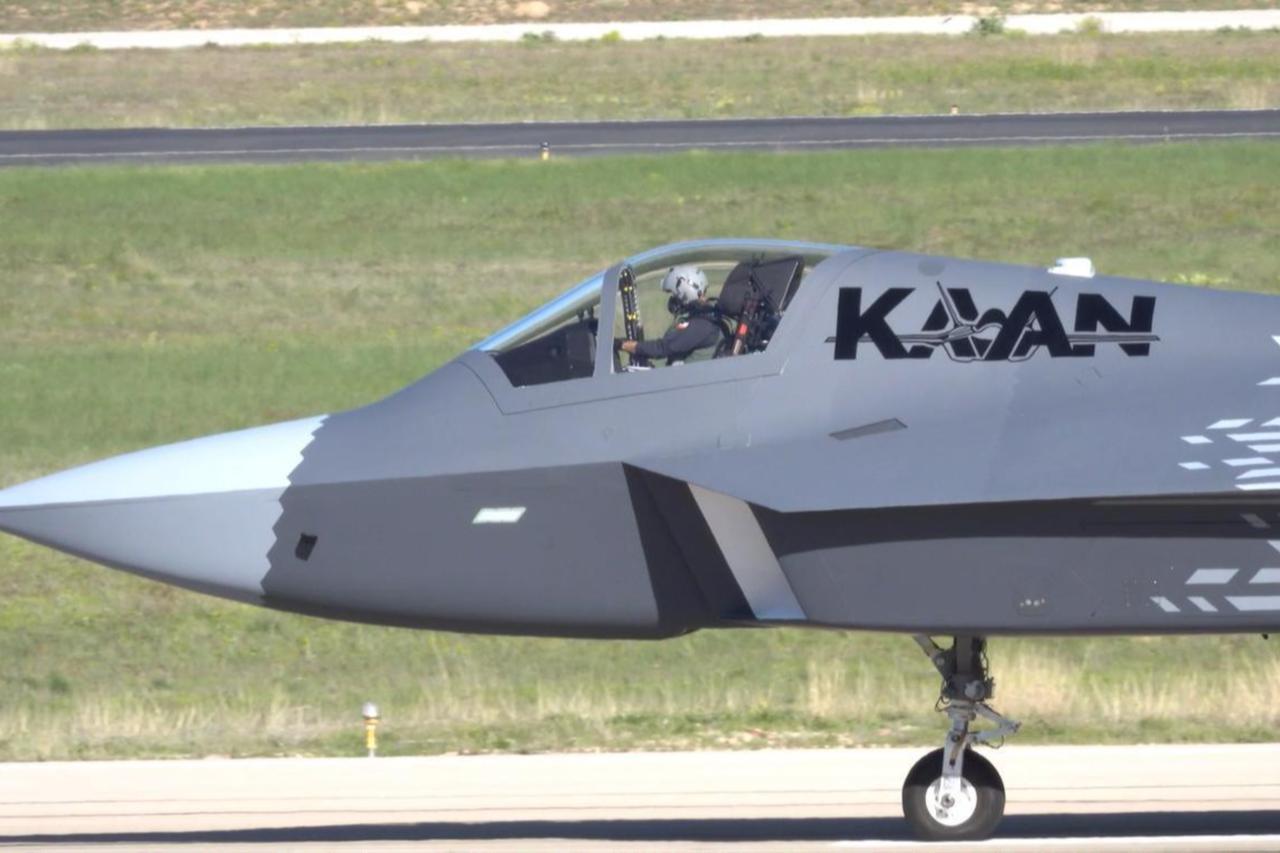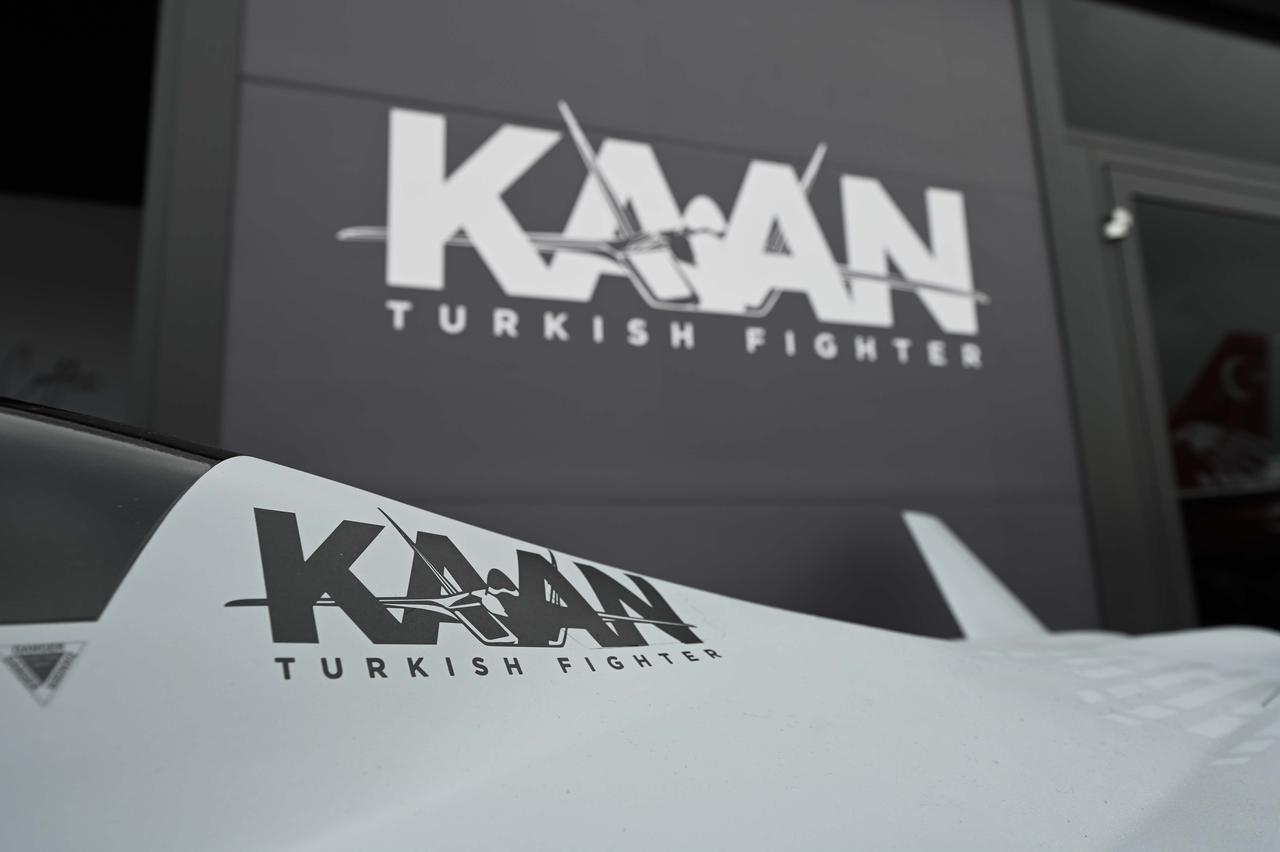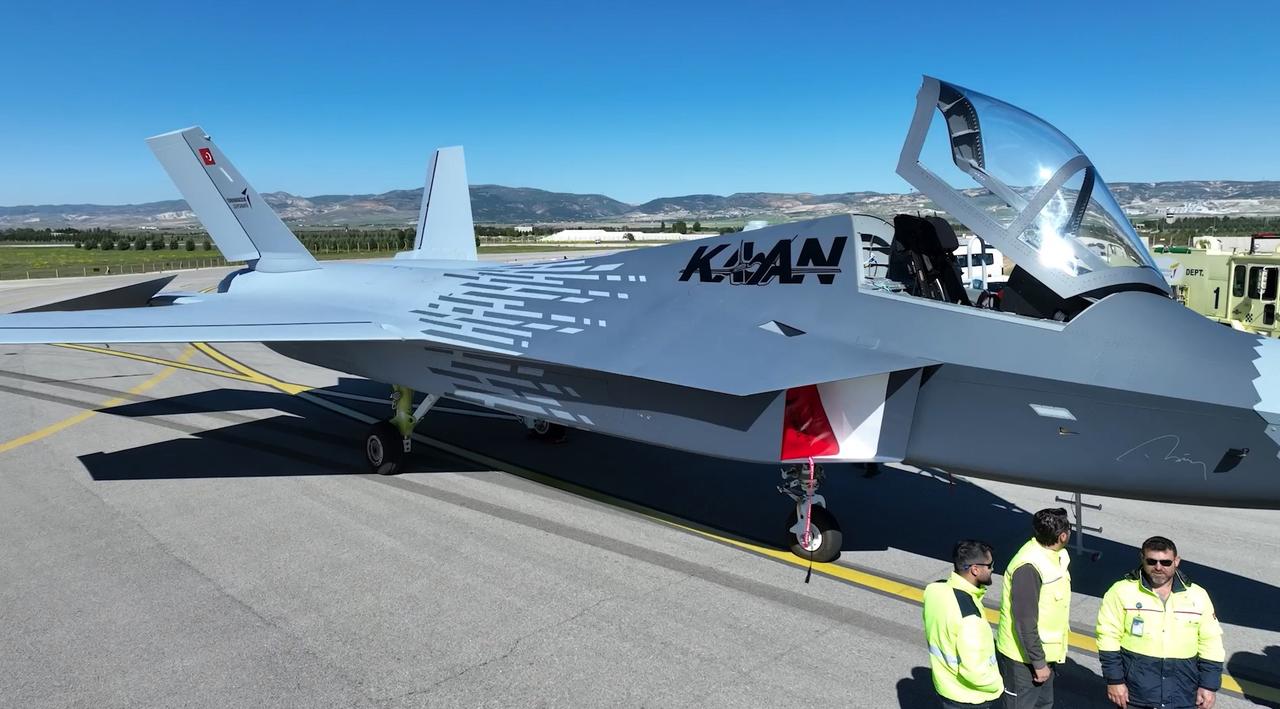
Türkiye has approved Egypt's participation in its fifth-generation KAAN fighter jet development program, opening new avenues for military-industrial cooperation between the two regional powers, according to the defense intelligence website Tactical Report's report on July 30.
The partnership, which follows months of negotiations and high-level military exchanges, is reportedly set to position Egypt to become a co-producer and manufacturer of the advanced aircraft being developed by Turkish Aerospace Industries (TAI).
Although Arab media outlets have widely reported the news, the report has not yet been confirmed in any way in Türkiye.

A memorandum of understanding (MoU) between the two nations is expected to be signed in late 2025, according to reports, which would formalize technical and manufacturing cooperation for the project. Egyptian Air Force experts have reportedly inspected the fighter's prototype, which remains in preliminary testing phases with service entry targeted for 2030.
"Joint manufacturing with Türkiye will be a very positive step because it will be so beneficial for the Egyptian Armed Forces," Gen. Hassan Rashid, former chief of staff of the Egyptian Air Force, told The New Arab.
The KAAN, also known as the Turkish Fighter and National Combat Aircraft, is a twin-engine, all-weather air superiority fighter designed to replace Türkiye's F-16 fleet.
The project reportedly gained momentum after the United States blocked F-35 deliveries to Ankara over its purchase of Russian S-400 defense systems.

Egypt's potential participation appears to reflect broader regional efforts to reduce dependence on Western military suppliers. Arab media reports indicate Egyptian interest allegedly extends beyond the KAAN to include Turkish drones, TRLG-230 missiles, mini smart munitions and L-UMTAS anti-tank missile systems.
"We cannot keep depending on one or two states for our arms," Rashid said. "The diversification of armaments' sources is a very important policy for Egypt."
Dr. Ali Bakir, a professor at Qatar University and visiting fellow at the Atlantic Council, suggested that acquiring the Turkish-Egyptian fighter could help "close the gap with Israel, which currently enjoys overwhelming military and technological superiority in the region."
Egyptian President Abdel Fattah el-Sissi purportedly expressed interest in the KAAN program during his first presidential visit to Ankara in September 2024, according to sources speaking to the Arab media outlets.
The potential partnership emerges as Middle Eastern nations reportedly seek alternatives to Western fighter jets. Israel remains the region's sole operator of F-35s, with U.S. restrictions preventing deliveries to other regional allies, including the UAE and Saudi Arabia, according to reports.
"Even if some of these countries do receive the F-35, the version they get will be of lower quality and equipped with fewer advanced technologies compared to those delivered to Israel," Bakir said.
He added that Gulf Cooperation Council countries, particularly Saudi Arabia and the UAE, allegedly view the Turkish fighter as "a leading candidate, especially since it's expected to enter service within a few years, possibly by 2028."